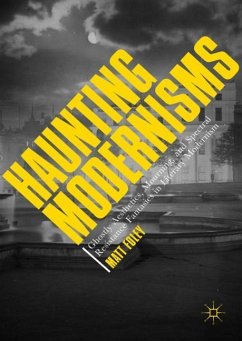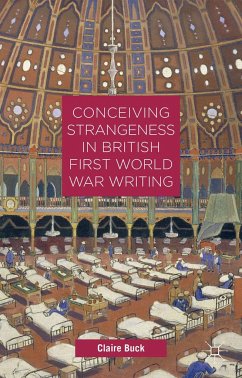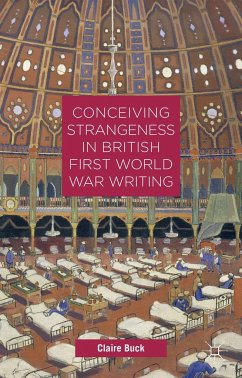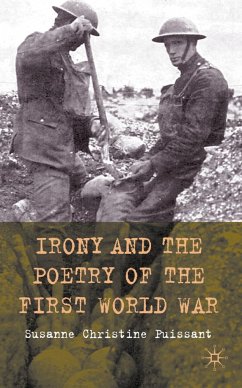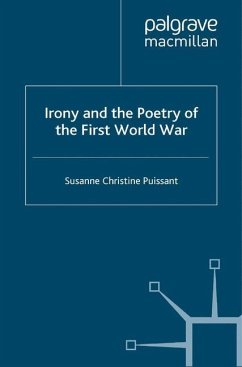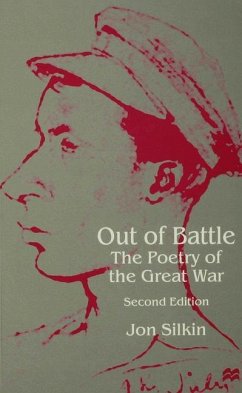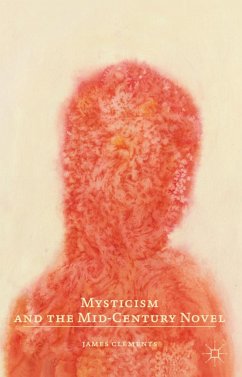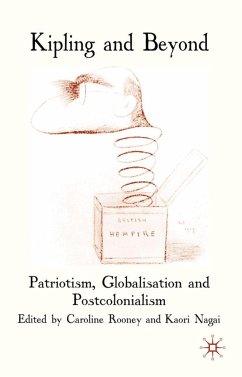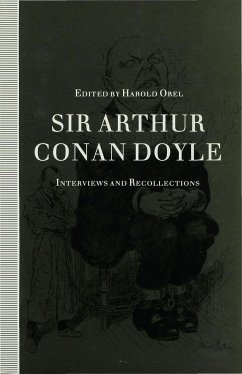
Mourning and Mysticism in First World War Literature and Beyond
Grappling with Ghosts
Versandkostenfrei!
Versandfertig in 6-10 Tagen
19,99 €
inkl. MwSt.

PAYBACK Punkte
10 °P sammeln!
This book traces how iconic writers - including Arthur Conan Doyle, J.M. Barrie, Rudyard Kipling, Virginia Woolf, Wilfred Owen, and Aldous Huxley - shaped their response to the loss of loved ones in the First World War through their embrace of mysticism.





